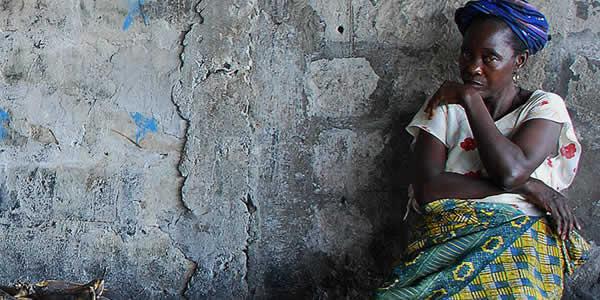Ethiopia:
Epidemiological and Socio-cultural Landscape of Schizophrenia in Rural Ethiopia (2014 - Present)Butajira, Ethiopia has found the prevalence of schizophrenia to be 5:1 where males have a higher risk of schizophrenia compared to women. The reason behind this high gender differential in this setting still remains unclear. The goals of the project are to understand community members' cultural explanatory models of schizophrenia in Butajira, to improve cultural and gender sensitivity to aid in identifying new patients with schizophrenia, and to conduct an incidence study.
A Placebo-controlled Trial of Folate with B12 in Patients with Schizophrenia with Residual Symptoms in Ethiopia (2012 - Present)
This study is a randomized sequential parallel design for double-blind phase fixed dose, four-month trial of folate plus B12 as add-on therapy in 200 Ethiopian patients with schizophrenia with stable residual positive or negative symptoms.
T32 Sites in Addis Ababa and Butajira (2012 - Present)
The University of Addis Ababa and its research offices in Addis Ababa and Butajira serve as two sites for the Division’s T32 Global Psychiatric Clinical Research Training Program. The University’s Department of Psychiatry offers fellows the ability to research urban and rural mental health issues, psychotic disorders, HIV-mental health, and mood disorders.
Building Capacity for Mid-Level Mental Health Professionals in Rural Ethiopia (2008 - Present)
Faculty from the Division has assisted with curriculum development and on-site training for a master’s degree in community mental health at Jimma University.
Making Strides in Women’s Mental Health Care Delivery in Rural Ethiopia (2006 - 2008)
This study examined psychiatric charts for more than 225 women seen at Jimma University Specialized Hospital between 2006 and 2008 and found a wide range of medical documentation for the patients. One of the findings was that no charts recorded medication status, detailed substance abuse history, or a history of violence.


























